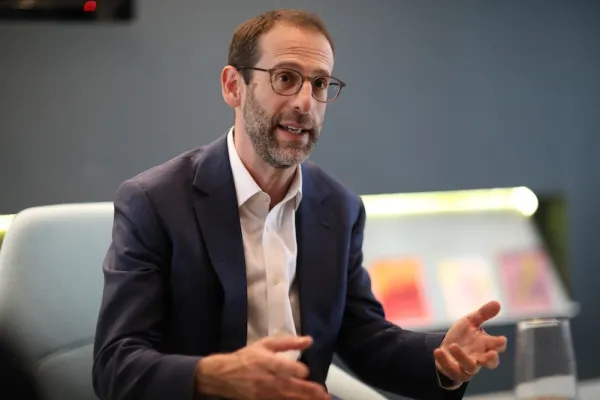U.K. investment consultants say companies will pump still higher infusions of cash into their defined benefit schemes in 2018 in an attempt to plug pension deficits.
Britain’s largest 100 companies had contributed £11 billion ($15 billion) toward funding their defined benefit pension schemes last year, according to a report released last week by consulting firm JLT Employee Benefits. This represents a £5 billion increase from the prior year’s deficit funding of £6 billion.
Matthew Arends, partner at investment consulting firm Aon, told Institutional Investor that U.K. authority The Pensions Regulator has become more influential in recent years, taking steps to encourage companies to plug pension deficits.
“There has been an emphasis by The Pensions Regulator to intervene in funding negotiations, and, where companies can afford to pay more into a DB plan, to ensure that they work harder to pay more,” he said.
Hymans Robertson’s head of corporate consulting, Jon Hatchett, agreed. “The Pensions Regulator is strongly pushing for more cash,” he said. “It started with its annual funding statement last year. Following the fallout from British Steel and BHS, they are definitely putting pressure on sponsors to put more cash in.”
The Pensions Regulator made a deal with steel producer Tata Steel last fall to offload its £15 billion British Steel Pension Scheme. A few months before, the regulator had released a damning report of events leading to the collapse of U.K. retailer BHS, which left thousands of pensioners facing a hole in their retirement security.
[II Deep Dive: Tata Steel in £550m Deal to Dump Defined Benefit Pension Scheme]
Arends said that industry discussions held prior to the publication of the U.K. Department of Work and Pensions’s paper, “Security and Sustainability in Defined Benefit Pension Schemes,” may also have led to companies paying more into their pensions.
“A chunk of this paper was spent looking at how much companies contribute versus dividends,” he said. “It is possible that through that open debate, companies took action.”
The JLT report found that £4.5 billion of the last year’s contribution total came from a one-off contribution made by the Royal Bank of Scotland to the RBS Group Pension Fund. Still, other consultants believe this year will see companies again spending more than £10 billion to shore up deficits.
“We are still an incredibly long way away from the majority of these schemes being able to buy-out,” Hatchett said. “We are going to see, in aggregate, tens of billions going into schemes every year, for quite a long time, unless market conditions miraculously improve.”
Growing numbers of U.K. DB plans are seeking to transfer their liabilities to an insurer, which cannot be done if those liabilities aren’t funded. In a separate report last week, Lane, Clark & Peacock predicted U.K. pension plans would offload around £15 billion in liabilities this year.
The LCP report added that pension de-risking is now at its most affordable level in nine years. Consultants said this may be an additional incentive to make extra payments into defined benefit funds.
Charles Cowling, a director at JLT Employee Benefits, explained that many employers have recently closed their DB schemes to new entrants, which puts them “on a path” to offloading the liabilities to an insurer.
“As soon as you do that, you are on a path to eventual buy-out and settlement, on a path towards de-risking, and paying an insurance company to take it off your hands,” he said.







